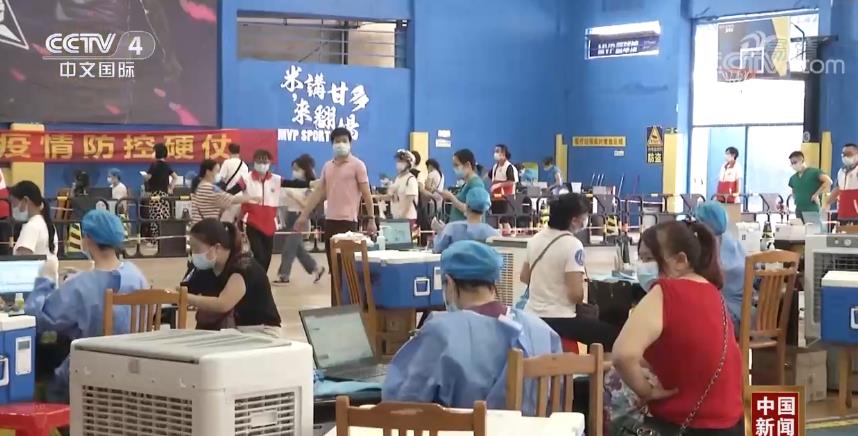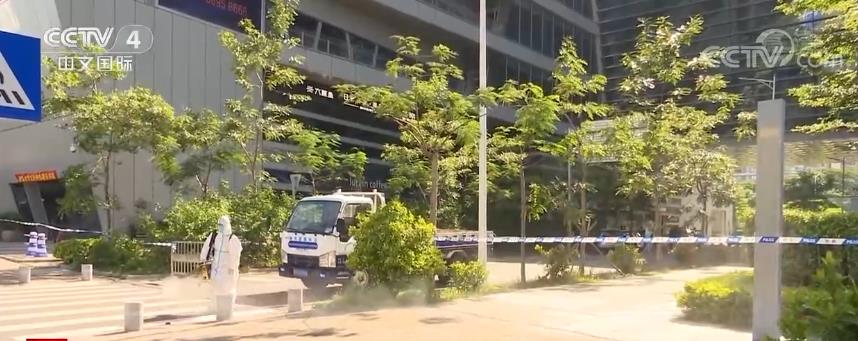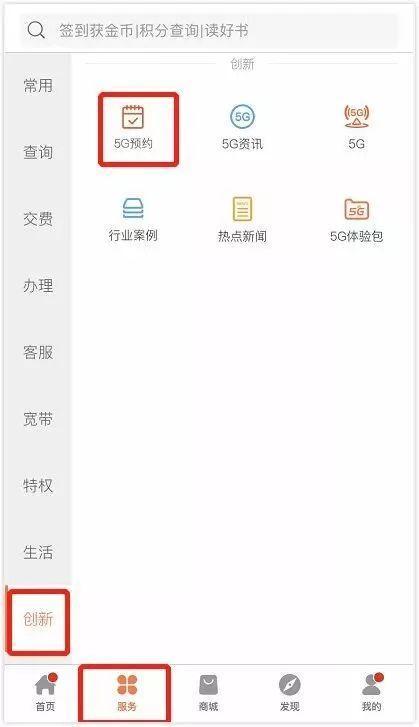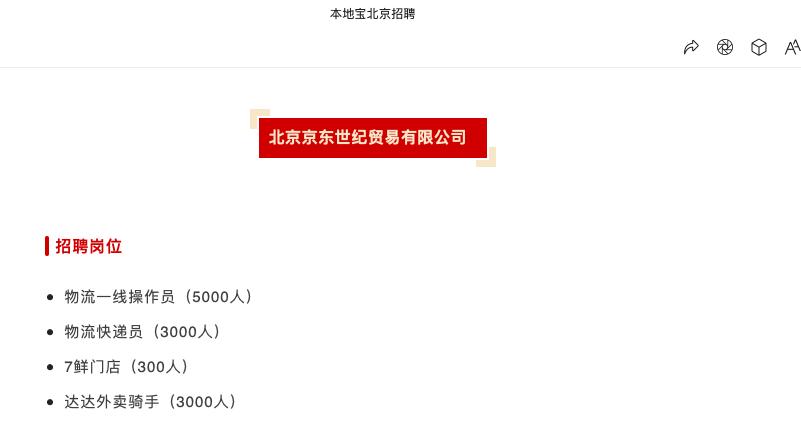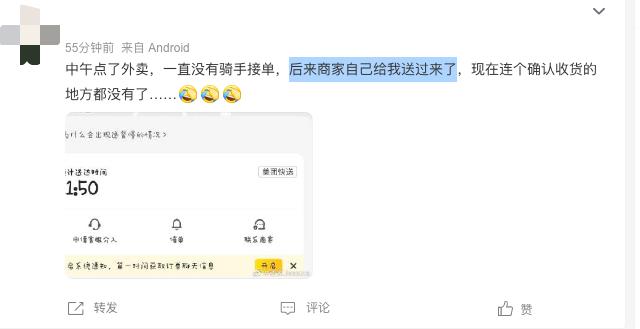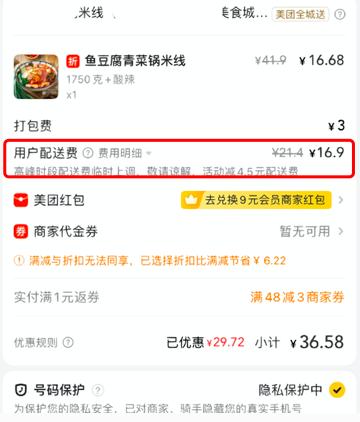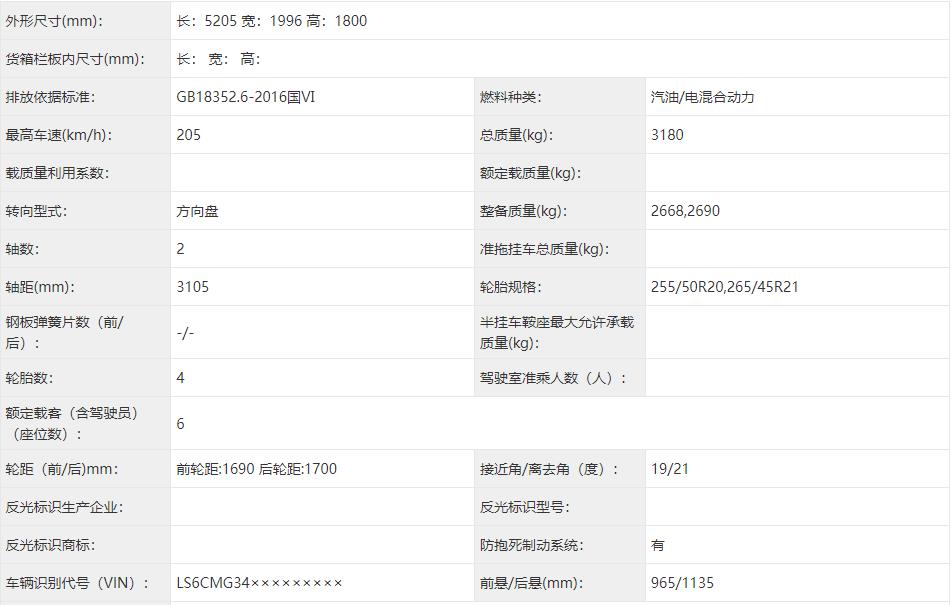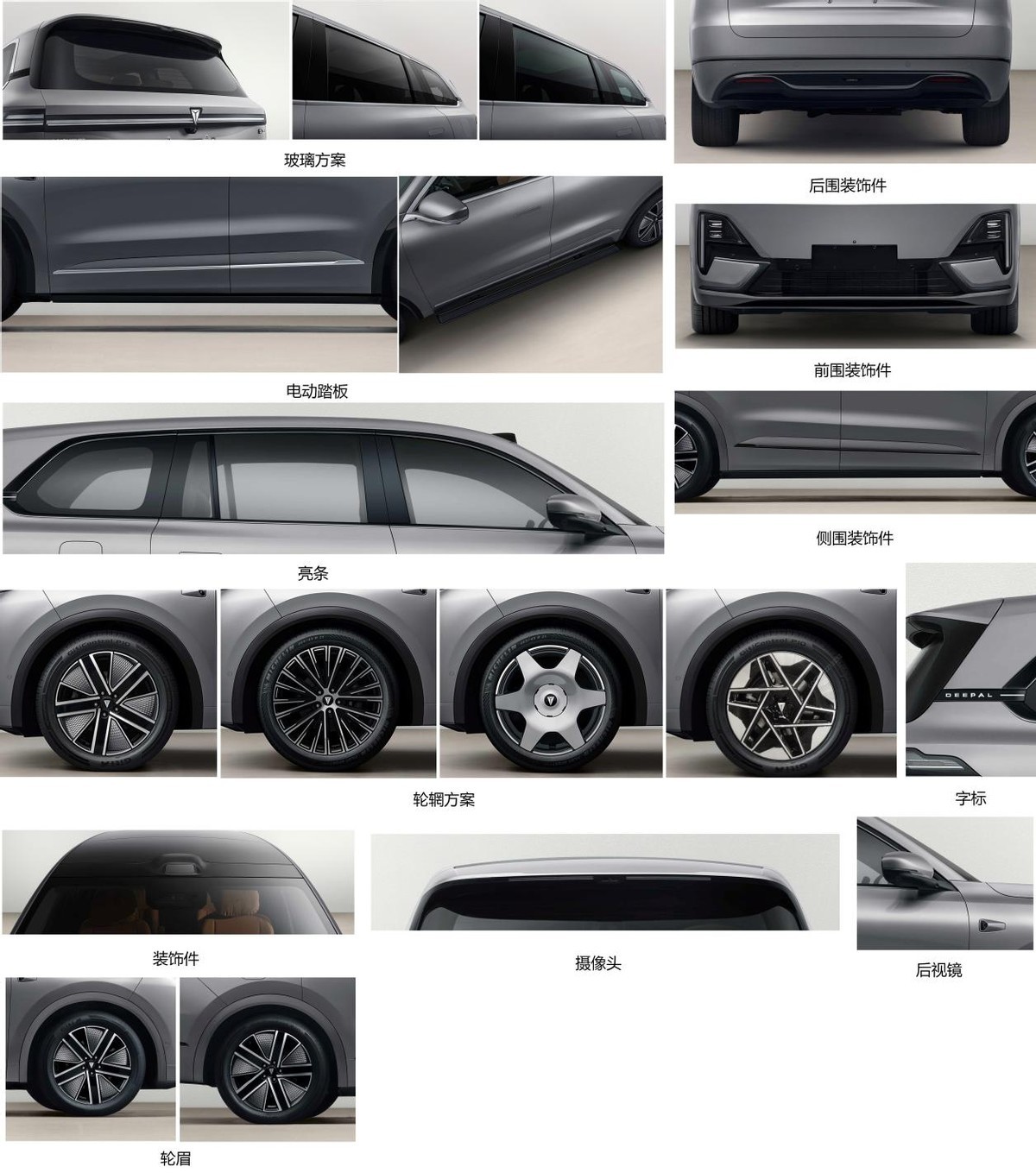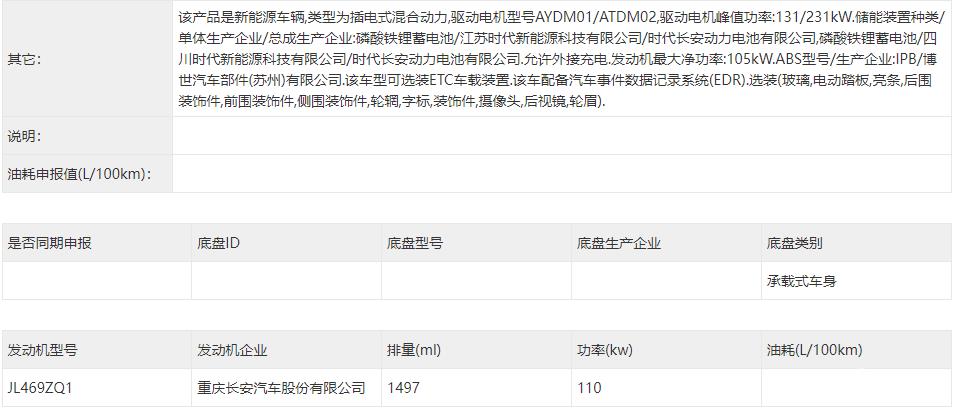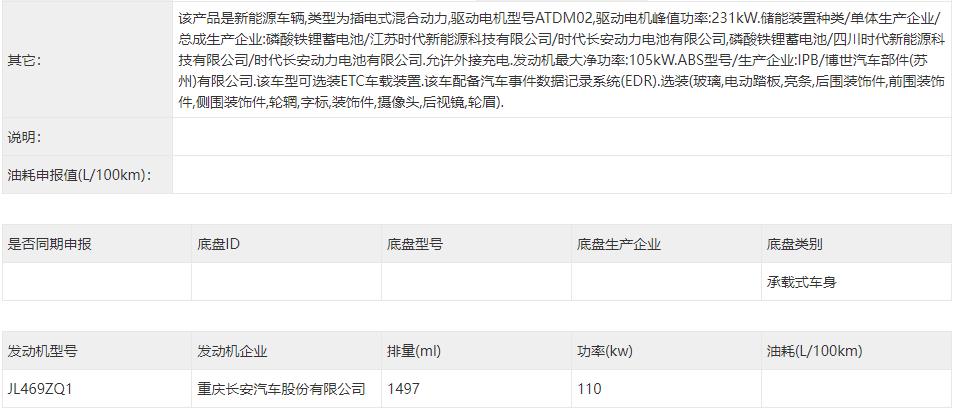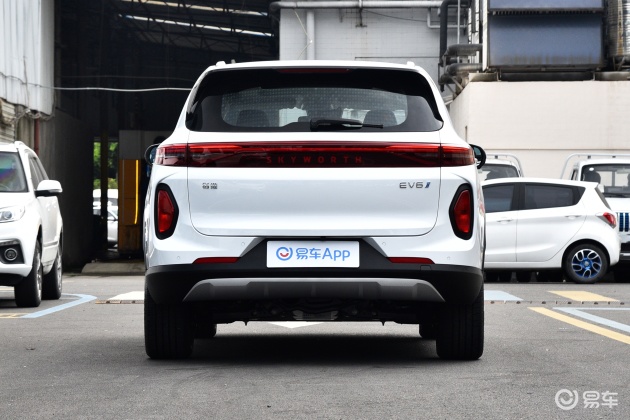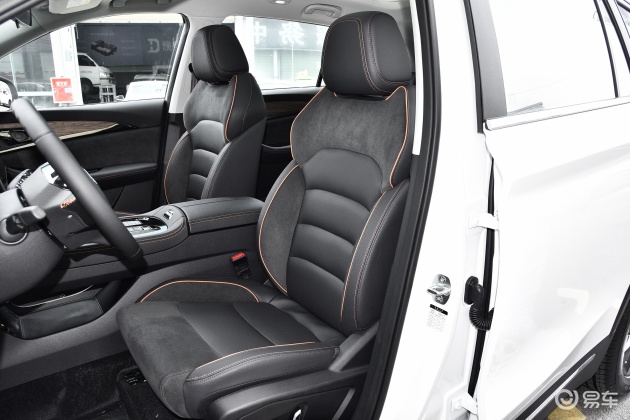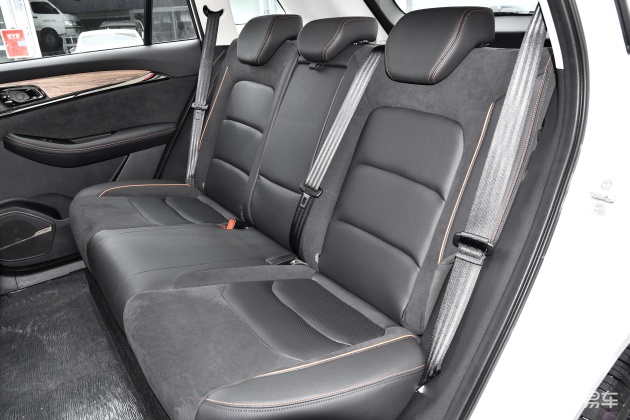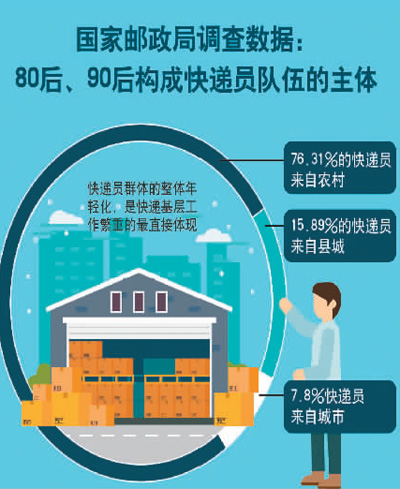
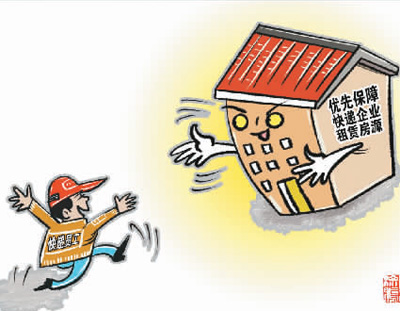
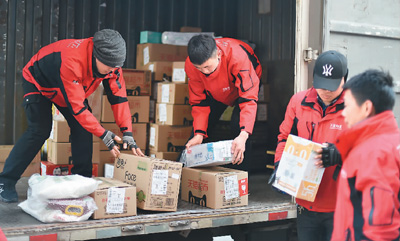
Waiting for express delivery, receiving express delivery and sending express delivery — — For many city residents, couriers have become "familiar strangers" who deal with each other almost every day but don’t know much about them.
In 2018, China’s express delivery business exceeded 50 billion pieces, ranking first in the world; The size of the courier has also reached more than 3 million. What are the working and living conditions of the couriers? What is the income level? The State Post Bureau recently conducted a survey on the basic situation of 6,000 couriers in 31 provinces across the country, and drew a "portrait" for couriers.
"post-80 s and post-90 s" become the main body of couriers
— — During the "double 11" period, couriers worked about 14 hours a day on average, and more than 80% of couriers sent more than 200 pieces a day.
"Get up at 6: 10 every day, sign in at the company at 6: 40, and get off work at 8: 30 in the evening. During the period, you can only rest for 10 minutes at noon and go to work normally on holidays." Li Shifu, born in 1980s, has been working in the express delivery industry for two years. Talking about his work, he said it was very hard, mainly because of the long working hours and heavy workload.
According to a survey conducted by the State Post Bureau, "post-80s and post-90s" constitute the main body of the courier team. The overall rejuvenation of the courier group is one of the effects of the heavy work at the grassroots level.
On weekdays, Li Shifu has to deliver 160-170 express parcels a day. When the "double 11" express is out of stock, the number of parcels will double to triple.
A courier like Li Shifu is not alone. According to the investigation of the State Post Bureau, during the "double 11" period, couriers worked about 14 hours a day on average, up to 19 hours, and more than 80% of couriers sent more than 200 pieces a day.
Faced with the heavy pressure of terminal distribution, many places have begun to try new distribution forms such as intelligent express cabinets and post stations in recent years, but their coverage and design obviously need to be improved. At present, the delivery area in Li Shifu is still dominated by door-to-door delivery. "Now there are many smart express cabinets, but when there are many parcels, the cabinets are full, and the size is not suitable, so they can only be delivered to the door one by one." Li Shifu said.
In addition to the high work intensity, due to factors such as transportation, it is inevitable that the courier will be exposed to the sun. According to the survey, electric tricycles are the first choice for couriers, and it is difficult to substitute products at present. Among the first-tier cities, Guangzhou and Beijing express electric tricycles have higher utilization rates, accounting for 87.2% and 84.42% respectively. The main delivery tool in Shanghai is electric bicycle, with a utilization rate of 70%.
Master Miao, who has been in Beijing for many years, said: "Dry express delivery earns hard money. When it is coldest in winter, you have to drive a tricycle all the time. ‘ Double 11’ When I am busy, I don’t even have time to eat. I just take a bite when there are few people. In the case of rain and snow, it is necessary to deliver the goods normally, and you have to worry about the damage of the package after it is wet, and you need to take protective measures. "
"Ten thousand yuan salary" is not common.
— — Although the income of couriers generally increases during the peak business hours, most of them do not exceed 10 thousand yuan.
In recent years, news such as "a courier earns tens of thousands of dollars a month" has frequently appeared on the Internet, and the salary offered in the recruitment information of many logistics enterprises is quite attractive. Some recruitment information even directly typed the words "salary 8000-12000". In the eyes of many people, courier seems to have become a high-paying industry.
"Only a few people in the company can earn more than 10,000 yuan a month, basically around 6,000 yuan or 7,000 yuan. This is determined according to the number of items we send and send." Master Miao said.
The survey shows that the monthly income of most couriers is still below 5,000 yuan. Although the income of couriers generally increased during the "double 11" period, most of them did not exceed 10,000 yuan. For many workers who do express delivery, this is an income that is less than the previous one and more than the next. "The income is not high, but it is more free, unlike working in a factory. To do express delivery, if I want to earn more, I will take orders hard. I have certain autonomy in how to arrange it. " Master Chen, a SF courier, said.
For couriers, customers’ incomprehension is the main pressure they face. Li Shifu bluntly said that in her daily work, she would meet some customers with poor attitudes, and it was very difficult to communicate. "When the delivery volume is large, it is difficult to guarantee the timeliness. Some customers will remind me to deliver it before what time. It is really difficult to coordinate. If a customer complains to the outlet, the company will punish us seriously. There are also some special circumstances in which we can only admit that we are unlucky. For example, the customer claims that the package is damaged and needs compensation. I don’t know what is inside. It may be damaged in transit or the sender’s problem. When we encounter such bad parts, we can only compensate for the losses ourselves. " Li Shifu said.
According to the investigation of the State Post Bureau, the main pressure of couriers comes from many aspects, including low wages and benefits, customers’ incomprehension, long working hours, low social identity, difficulty in delivering express mail and promotion. From the professional experience, 35.8% of couriers think that this job is promising and worth doing; 43.35% think it needs to be done for a while; 20.85% clearly believe that it is only a transition at present and will change jobs in the future.
Regarding the future career planning, Li Shifu and many colleagues around him said that they intend to continue working for several years, accumulate some work experience and save more money for their families. At the same time, they also hope that people will have more understanding and consideration for the work of couriers.
Send a "service package" to the courier
— — Beijing plans to provide 2,400 rental houses for couriers, and Shanghai will provide exclusive basic guarantee.
Working outside, family is the concern that couriers can’t let go. According to the survey, 76.31% of couriers come from rural areas, 15.89% from county towns and only 7.8% from cities. 66.15% of couriers are married and 61% have children. 23% face the problem of "children staying behind", only 31.7% can see their children every three months, and nearly 70% can only see their children once every six months or even a year.
"I will definitely miss my children, but the source of income at home mainly depends on me, and I can get a higher salary when I come out to work." Master Miao’s hometown is in the countryside, and the children are all in their hometown. Because of busy work and little rest time on holidays, it is difficult to see the children on weekdays. The same is true of my hometown in Li Shifu, Henan Province. I don’t go home for the New Year when I am busy. The communication with my family mainly depends on video and telephone.
Talking about life in Beijing, Li Shifu bluntly said that since the company doesn’t provide accommodation and catering, these two expenses have to be deducted from the monthly income, so that you can save more when you can.
Master Liu also works in a courier company in Beijing. He said: "Our company is relatively good, and there will be five insurances, but there is no housing provident fund and the company does not provide dormitories."
In view of many problems faced by couriers in their work and life, targeted solutions have been taken recently. A few days ago, Beijing sent an exclusive "service package" for couriers, which mainly involved the job-residence balance of courier service personnel, improving the labor security system in the courier industry, strengthening the construction of terminal distribution infrastructure, and creating a warm and standardized career development environment. Among them, Beijing will help a group of express employees solve the dormitory problem, and provide 2,400 sets (rooms) of rental housing (including renewal and addition) as the dormitory for express employees. According to the "Beijing Logistics Special Plan", a number of collective dormitories and supporting facilities for express delivery employees, which are only rented and not sold, are planned and built according to a certain proportion.
A few days ago, Shanghai introduced a basic guarantee policy for trade union members of flexible employment groups such as couriers. The exclusive four types of protection are: hospitalization subsidy, special serious illness protection, accidental injury and serious disability protection, and illness death protection. The maximum personal guarantee amount is 90,800 yuan/year; Jiangsu Province has made great efforts to solve the problem of terminal delivery of express delivery, and promoted the standardized passage of special electric tricycles for express delivery in various places. At present, couriers in Suzhou, Yancheng, Yangzhou and other places can normally use special electric tricycles for express delivery; Jilin Province regards promoting courier care project and improving employees’ happiness and sense of gain as one of the seven practical things that the postal industry is close to people’s livelihood. By improving the internal control system, implementing the service quality standards, curbing the behavior of "hosting by penalty" and reducing the burden on front-line employees; Hebei province takes targeted measures to strengthen the protection of the rights and interests of couriers (couriers).
The industry believes that there are still many challenges in the express delivery industry, but in the long run, with the development of smart logistics and the implementation of supporting policies, the professional skills required by couriers will become higher and higher, and their roles will become more important. The level of protection will continue to improve, and wages will also be improved. (Qiu Haifeng Shi Ruochen Zou Kaiyuan)

